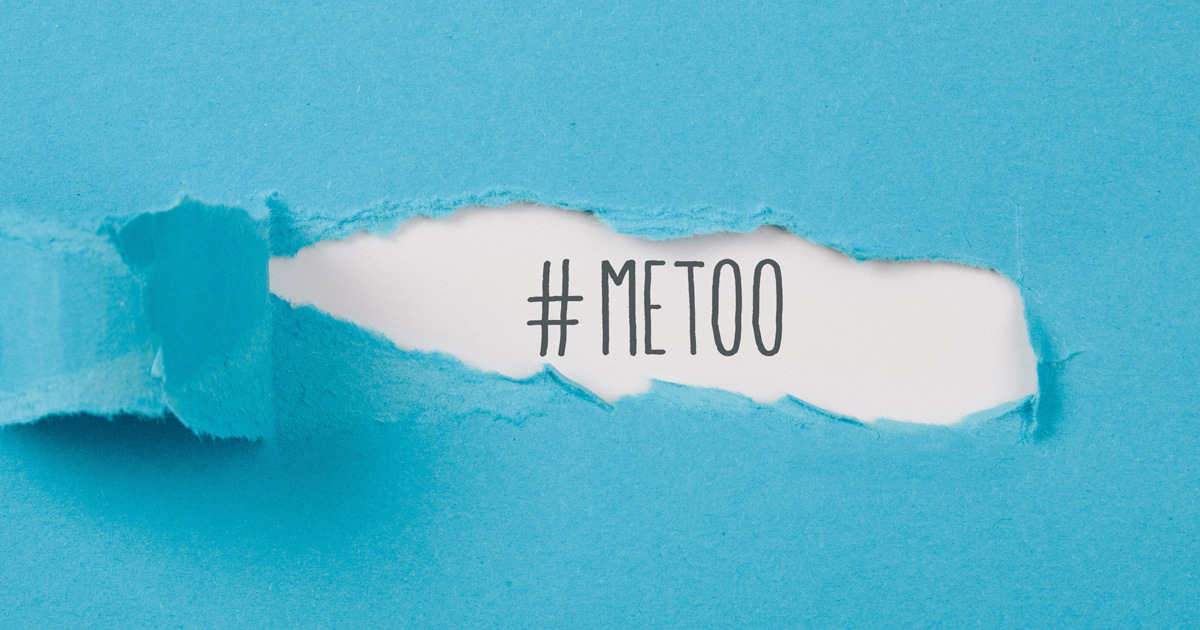What counts as sexual harassment—and how do we stop it?
In 2006, social activist Tarana Burke used the phrase "Me Too" to promote empowerment through empathy among survivors of sexual harassment and assault.
#MeToo spread virally last October, after actress Alyssa Milano tweeted: "If you've been sexually harassed or assaulted write 'me too' as a reply to this tweet." By day's end, the hashtag had been used 200,000 times. Within 48 hours, that number soared into the millions—demonstrating the prevalence of sexual assault and harassment, especially in the workplace.
Soon, sexual misconduct allegations against celebrities made headlines. Offenders were being fired, left and right. The #MeToo Silence Breakers were named TIME. After decades and centuries of hurt, #MeToo turned a source of shame into a battle cry.
Suddenly, there was empowerment. And confusion.
Amid #MeToo posts women said, "Not me." Or "I don't think so." Men worried where the line was; had they unintentionally crossed it?
"Even among feminist leaders, there are differing opinions on #MeToo and what 'counts' as sexual harassment," said Justine Braford, LMSW, Counseling Associates of West Michigan.
Braford notes federal and state law define sexual harassment as unwanted sexual advancements, requests for sexual favors, and other verbal or physical conduct or communication when submission to conduct can harm or help access to services like employment, housing or education.
But those laws don't tell the whole story.
"As women, we know too well the uneasy feeling from an unwanted encounter or gendered incident," said Sara Apol, MPH, Center for Women's Sexual Health. "The problem is, our culture treats women as objects to be had and sex as a game. Our culture tells us 'it's not a big deal.' We are told we are overreacting. We don't speak up."
That's beginning to change.
It's important to continue the momentum.
1. Speak Up.
"As a victim, it is so important to speak up," Apol said.
"This is easier said than done, but hopefully the wave of people speaking up can be used as wind in the sails of someone who has been wronged."
Victims should first let the offender know they find the conduct inappropriate. If that doesn't resolve anything, take a next step. Workplaces should have procedures to address inappropriate behavior. Harassed individuals can contact the Michigan Department of Civil Rights. Witnesses should use their voices, too.
2. Educate.
"The basic of boundaries for ourselves and others—self-respect, compassion, learning to communicate and healthy relationships—are the basis for sex education," Braford said, adding we can't relegate the sex education conversation to one unit in fifth grade and one conversation in high school.
Those lessons need not wait for school curricula reform.
"Parents and other caregivers are a young person's No. 1 sexual health educator," said Heather Alberda, BA CSE, AASECT Certified Sexuality Educator, Ottawa County Department of Public Health. "Studies have shown that parents—not friends, not peers, not the media—have the most influence on a child's decisions and perceptions regarding relationships and sexual health."
Adults should constantly engage kids in conversation.
Whether witnessed in real life or on TV or taken from experience, adults could use teachable moments and ask kids their perceptions and feelings toward acts of sexual harassment. Young people should have the opportunity to ask questions, process how they feel and develop ideas on how they might address it.
Make this an ongoing conversation.
"We can do better. And the good news is, we have a way to begin to change things for the better," Braford said.
"We cannot—and should not—miss an opportunity for change here."
Continue what the #MeToo movement started.
Keep breaking the silence.
Keep talking about it.
Keep asking questions.
Keep speaking up.
Written by Cassie Westrate, staff writer for West Michigan Woman.




